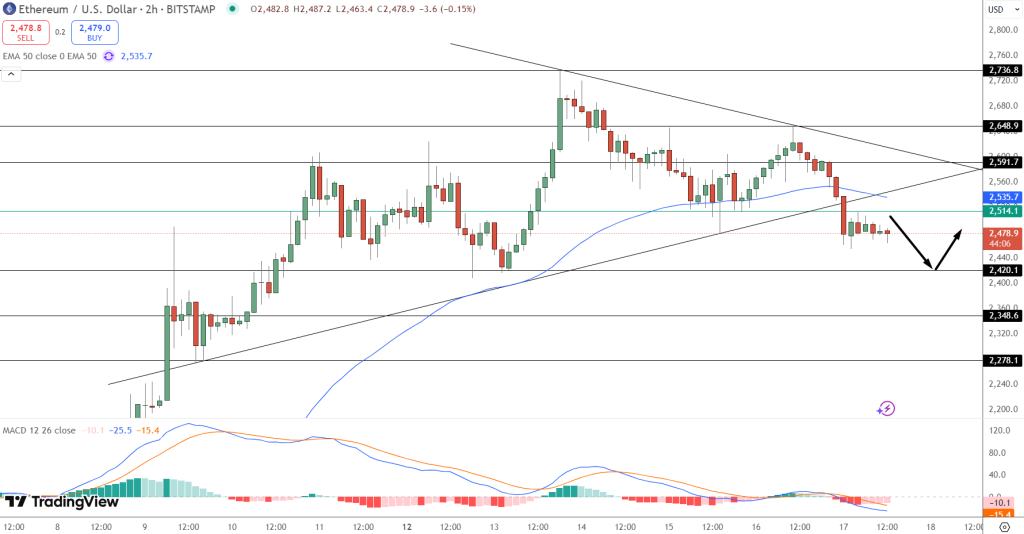U.S. audit officials have started a fresh round of inspections of New York-listed Chinese companies in recent weeks as tensions mount between the world’s two largest economies.
The Public Company Accounting Oversight Board sent a team to Hong Kong last month to review 2022 audit reports of some of the most high-profile Chinese stocks listed in the U.S., according to people familiar with the matter who asked not to be identified discussing private information.
About a dozen Chinese firms will be inspected this time, including Tencent Music Entertainment Group, Didi Global Inc. and NetEase Inc., said the people. That’s a bigger batch than the inaugural round in the third quarter last year, they added.
The inspection, part of a landmark deal signed last year, comes as the world’s two superpowers escalate their tit-for-tat trade war on technology, from artificial intelligence to chip manufacturing. U.S. Treasury Secretary Janet Yellen visits China this week seeking to find areas of common economic ground and open communication channels.
Entities facing the most recent round of checks on their clients include the China units of PricewaterhouseCoopers LLP, Ernst & Young LLP and Deloitte & Touche LLP. Three to four listed clients of each firm were picked, said the people. KPMG LLP’s China arm was inspected last year, alongside PwC’s Hong Kong branch.
A spokesperson for the PCAOB declined to comment. In a May statement, board Chair Erica Williams said the agency expects field work to continue this year, with a goal of reviewing companies that account for 99% of the market value of U.S.-listed firms that are audited by Hong Kong and China firms.
Unlike the first inspection last year, auditors are on high alert to provide as much detail as possible, after the PCAOB issued a scathing report on their findings of lapses, said the people.
The combined 38-page report on Beijing-headquartered KPMG Huazhen LLP and the Hong Kong-based PwC served as a guidebook to highlight which areas PCAOB is concerned about, including insufficient information technology controls or whether there are enough procedures to test revenue or inventory.
However, Williams noted in May that it’s “not unexpected to find such high rates of deficiencies in jurisdictions that are being inspected for the first time.”
Risks of being kicked off U.S. exchanges have also eased for Chinese companies since last year’s audit, while China has made efforts to encourage foreign listings.
Despite the escalating regulatory costs and geopolitical tensions, at least 16 companies from China debuted on U.S. capital markets this year, raising a combined $460 million. Yet only two — sensor technology provider Hesai Group and online educator Quantasing Group Ltd. — were audited by the Big Four firms. The rest engaged smaller auditors.
Credit: Source link











